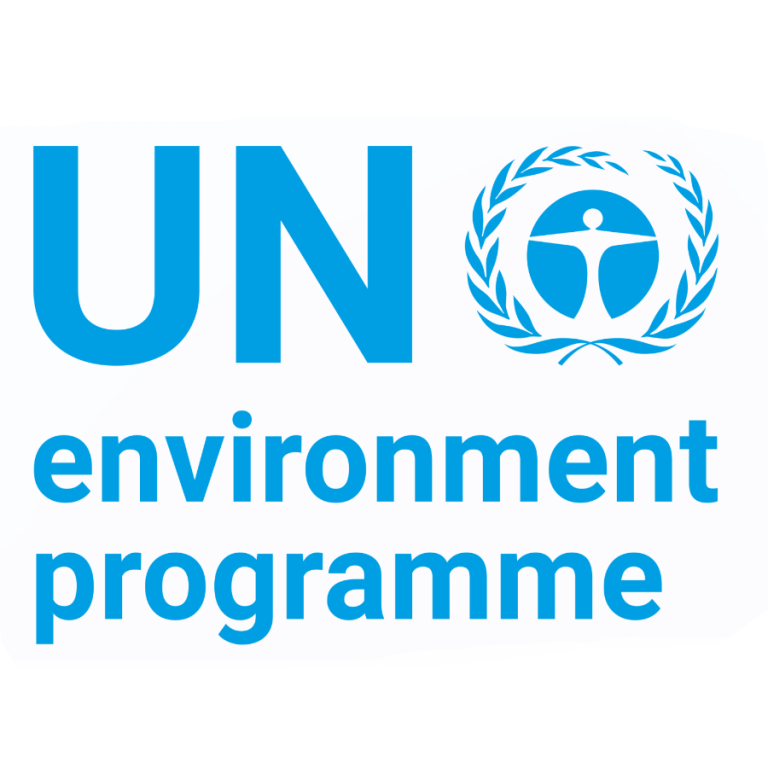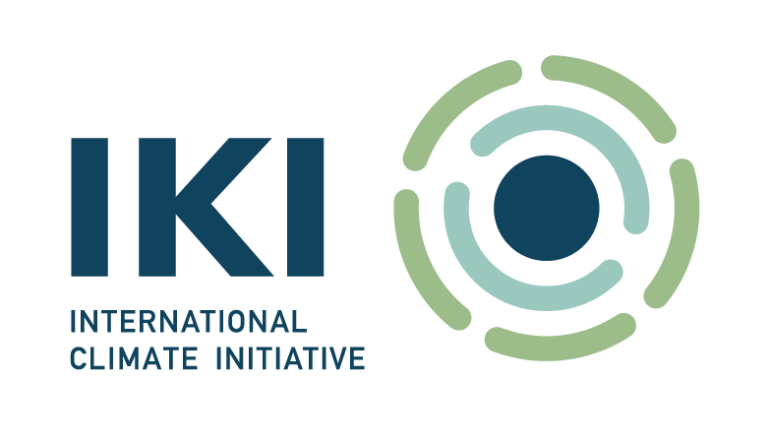Assessing the Global Role of Ecosystem-Based Adaptation in Helping People Adapt to Climate Change
Informations sur le projet
In the past 20 years, a stunning 3.6 billion people, many already marginalized and living in developing countries, have been directly impacted by climate-related disasters, such as flooding, droughts and wildfires. If the trajectory persists, climate change will continue to impact billions of people in the next few years. There is strong evidence that the protection, restoration, and improved management of natural and modified ecosystems can help people and nature adapt to climate change. While the evidence base has grown, it remains uncertain how much of the overall global climate adaptation challenge can feasibly be addressed by Ecosystem-based adaptation (EbA). Given the urgency in addressing the impacts of climate change, the assessment of the potential of nature in helping people adapt to climate change is needed to accelerate and scale up the implementation of EbA. The goal of the project is to increase the understanding of policy makers, practitioners and the climate adaptation and scientific communities regarding the global importance of EbA. This will be done by a) quantifying the number of people that are highly vulnerable to a variety of climate impacts at global level and national level for 4 countries (Colombia, Madagascar, the Philippines and Brazil); b) identifying how many people could potentially have their vulnerabilities reduced through EbA (the protection, restoration, and management of ecosystems); and c) mapping, at the global level and national levels for 4 countries, where EbA could be implemented to reduce the vulnerability of people to climate change. Results will be discussed with practitioners and international policy makers working on climate change adaptation at the Adaptation Futures Conference in 2025 and in follow-up discussions as part of the Glasgow-Sharm el-Sheikh Work Programme on the Global Goal for Adaptation. At the national level, results will be shared and discussed in strategic meetings with governmental bodies, including Ministries of Environment, to facilitate the use of project results in policy instruments.





